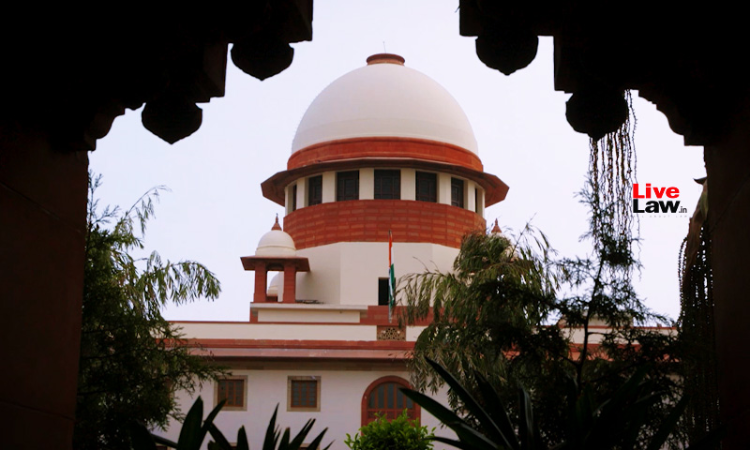The Supreme Court doubted the correctness of its earlier judgment that had held that Order XXXIX, Rule 2-A of the Code of Civil Procedure requires not "mere disobedience" but "wilful disobedience.A bench comprising Justices RF Nariman and BR Gavai made this observation in the Amazon-Future Retail case.Rule 2-A is primarily intended to enforce orders passed under Order XXXIX, Rules 1 and 2,...

